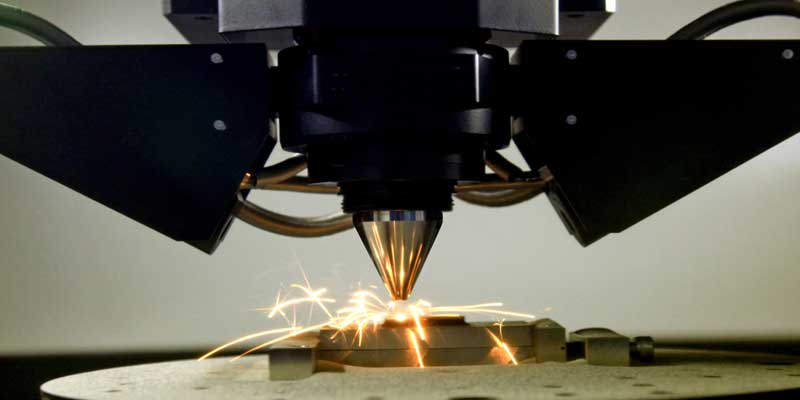Schedule a Call Back
Government mulls on making Scrap Recycling an organised sector
 Industry News
Industry News- Mar 10,21

The Ministry of Mines has recently issued
the National Non-Ferrous Metal Scrap Recycling Framework, 2020 covering key
non-ferrous metals like Aluminium, Copper, Zinc and Lead. The framework has
been released with an objective to promote formal and well-organised recycling
ecosystem in the country which is currently highly unorganized with heavy
dependence on imported scrap. Also, it aims to produce high quality scrap for
quality secondary production thus minimizing the dependence on imports and
encourage economic wealth creation, job creation and increased contribution to
GDP through metal recycling.
This framework is also seen to be prepared
in the backdrop of the upcoming Vehicle Scrappage Policy for automobiles, which
will ensure sufficient availability of domestic scrap in the country. Some of
the key recommendations are setting up of a central authority for recycling of
metals as Metal Recycling Authority (MRA). It strongly recommends establishing
BIS standards for Quality of scrap used for recycling and recycled products,
and standard procedures for recycling and processing of scrap in consonance
with MoEFCC rules/guidelines for environment protection.
These recommendations will strengthen
efforts of the domestic Aluminium industry demanding formulation of standards
for scrap in the country. The formulation of BIS standards for scrap usage,
recycling & imports will be the first step to develop the domestic
recycling ecosystem and promote a circular economy by utilisation of indigenous
scrap thereby reducing dependency on imports. Unfortunately, India today, does
not have adequate institutional mechanism for proper collection, sorting and
processing of domestic or imported scrap. There are no BIS/quality standards in
place for scrap and the final recycled products.
As per industry sources, the domestic Aluminium industry is facing severe threats from increasing scrap imports, whose share in total Aluminium imports increased from 52 per cent in FY-16 to 67 per cent in FY-21, resulting in Forex outgo- of USD 2 billion (Rs 14,000 Crore). India has become a scrap dumping ground due to US-China trade war and various Chinese measures to restrict Scrap imports through its National Sword Policy. This has diverted the entire global scrap chain towards India as USA dumps huge scrap volume to India resulting in 327 per cent rise in scrap imports from USA in last 5 years, given the stringent standards for scrap followed by the EU and other developed countries.
The framework also focusses to extend
necessary support to promote research and development (R&D) in metal scrap
recycling while adopting data-based analysis and policy making at all stages of
recycling chain. It highlights the promotion of 6Rs namely, the principles of Reduce,
Reuse, Recycle, Recover, Redesign and Remanufacture through scientific handling,
processing, and disposal of all types of non-ferrous scrap, through authorised
centers. Also, importance has been given for creating public awareness about
benefits of efficient scrap collection, segregation and recycling with quality
certification mechanism for recycled secondary metal and a ‘recycled’ logo may
be put on all recycled products to highlight circular economy.
The structured plan defines roles and
responsibilities with clear timelines for various stakeholders including the government,
recycling authority, public, manufacturers, dismantling & processing centers
to achieve the goal of making an organised recycling industry in the country
over the next three years. This includes the setting up of Metal Recycling
Authority by Q1-FY 22, formulation of Quality Standards, certification, process
standards for recycling by Q2/Q3 of FY 22. The action plans in FY 2022-23 will
be focused for regulating the scrap collection, segregation and dismantling
units with a proper framework for registration, review mechanism, data
collection and reporting mechanism for registered recycling units, ranking and
performance evaluation of recycling units and development of specified metal
recycling zones and urban mining facilities.
Expediting all these action plans will be
the key for the success of the Indian Recycling industry to encourage efficient
utilization and recycling of indigenous scrap and boost a domestic circular
economy. This will create significant opportunities for revenue generation,
creation of jobs and MSMEs and encourage domestic value addition in the country
in line with greater vision to make an AatmaNirbhar Bharat.
|
Key facts
on Non-Ferrous Metal Sector |
|
The Non-ferrous metals
can be classified in broad categories as Base metals (e.g. aluminium, copper,
zinc, lead, nickel, tin), Precious metals (e.g. silver, gold, palladium,
other platinum group metals), Minor metals including refractory metals (e.g.
tungsten, molybdenum, tantalum, niobium, chromium) and Specialty metals (e.g.
cobalt, germanium, indium, tellurium, antimony, and gallium). Out of these: |
|
Aluminium is the
second most used metal in the world after iron. India is third largest
consumer of aluminum in the world with a consumption of 3.7 MT in FY 2020(E). |
|
Copper
is the third most important base metal by value, accounting for roughly a
$130 billion industry annually at global level. |
|
Zinc is the
fourth most widely used metal across the globe. According to International
Lead and Zinc Study Group, around 13 million tonnes of Zinc is produced and
consumed every year in the world. |
|
Lead
is one of the most recyclable metals in the world. Although hazardous to our
health, humans have been extracting and using lead for over 6000 years. |
Related Stories
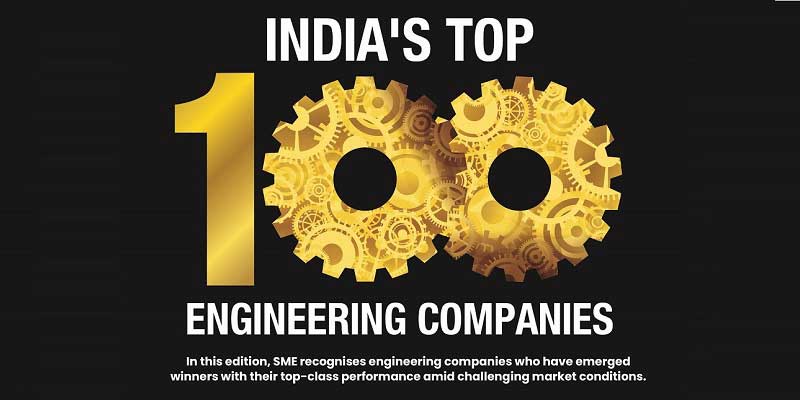
India’s Top 100 Engineering Companies
Despite a slowdown in some of the major global markets amid geo-political tensions, India's engineering exports edged up to $ 109 billion in 2023-24 (2.13 per cent more than $ 107.04 billion in 2022..
Read more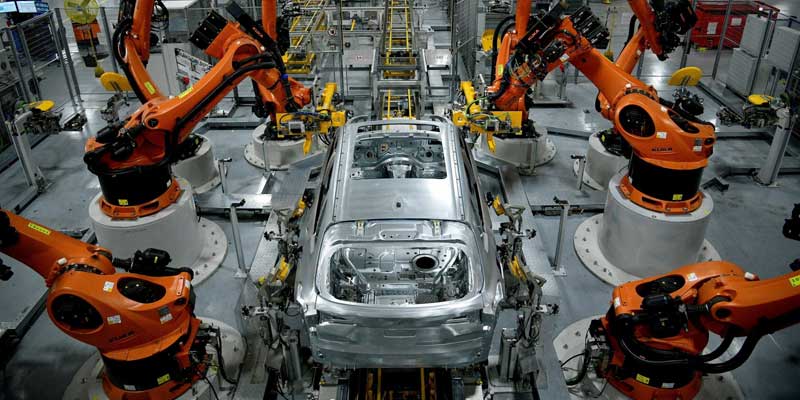
How to build India’s global manufacturing capabilities?
The Indian manufacturing sector stands at a critical juncture, with several opportunities arising from global shifts and local initiatives. But to take advantage of this evolving market, Indian manu..
Read more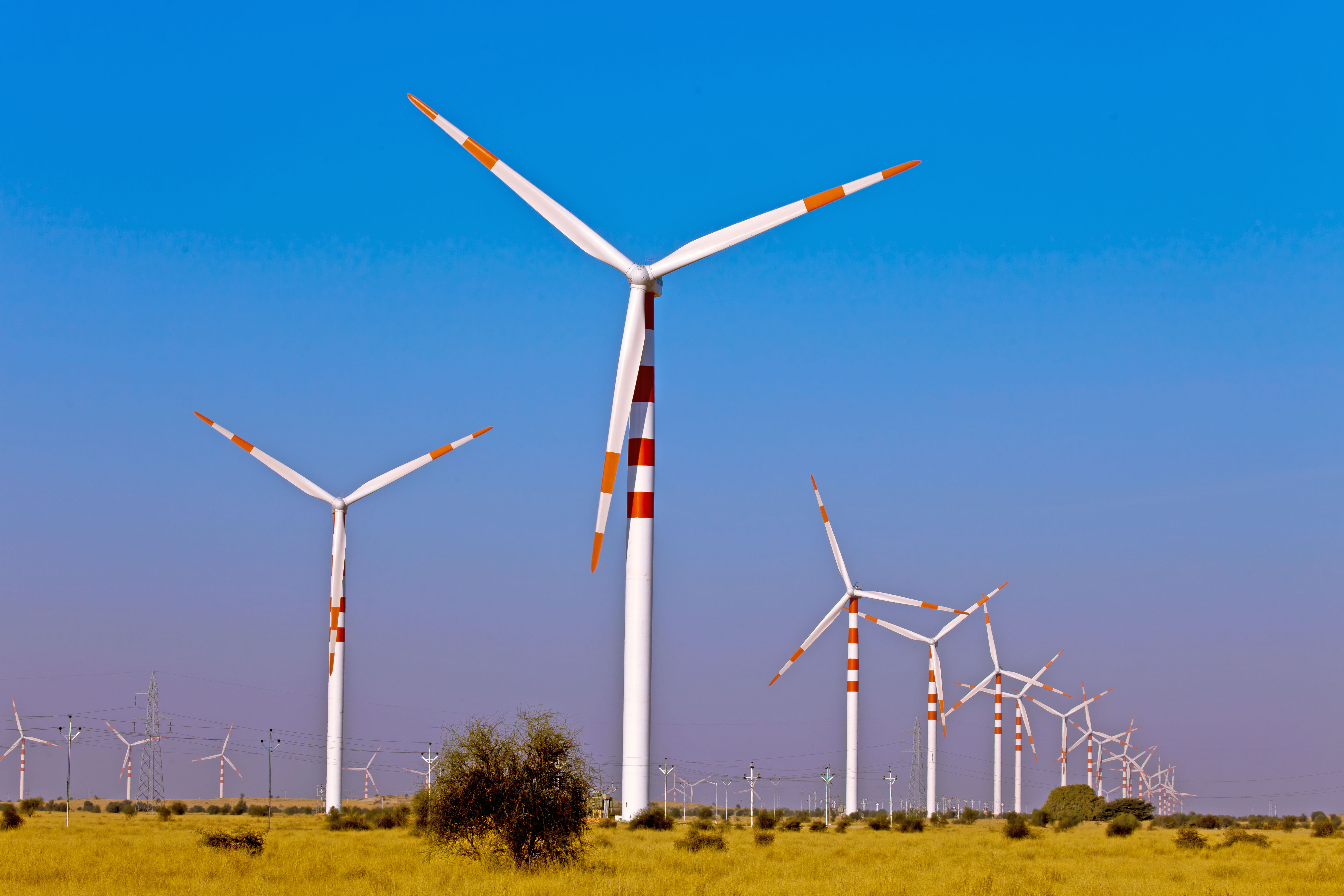
Suzlon acquires 103.95 MW AMPIN energy transition order
The project is part of the Hybrid Project under various bids from SECI and C&I (Commercial & Industrial) customers.
Read moreRelated Products
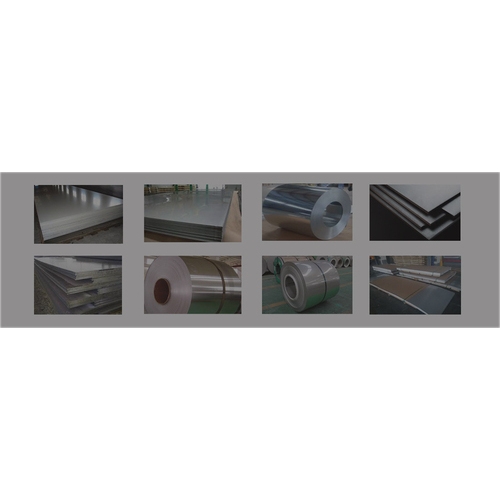
Nickel Alloys & Duplex Stainless Steel
Suraj Metal Corporation offers nickel alloys & duplex stainless steel.
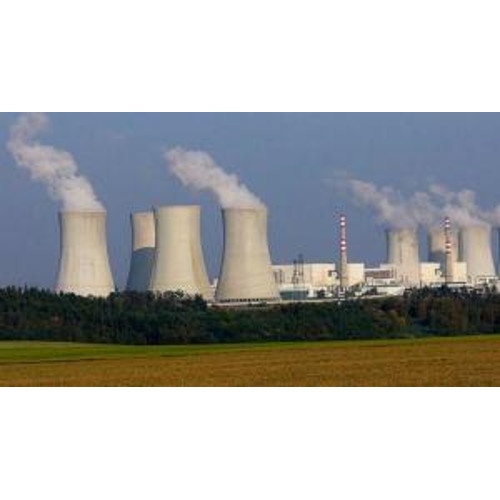
Quality Alloys
Shalco Industries Pvt Ltd offers a wide range of quality alloys.
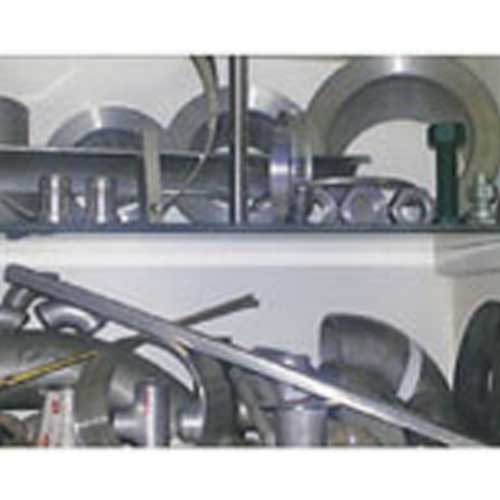
Stainless Steel Materials, Grade 321
Pooja Steel & Alloys is offering stainless steel materials, 321 grade, in various shapes such as strips, sheets, pipes, tubes, etc




